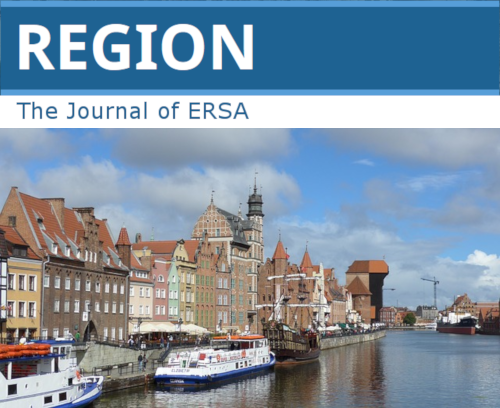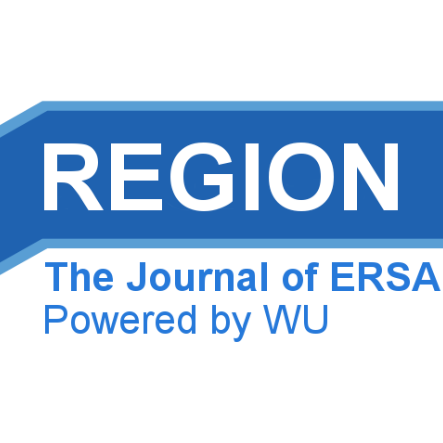Gating as exclusionary commoning in a post-socialist city
Evidence from Gdańsk, Poland
DOI:
https://doi.org/10.18335/region.v8i1.265Abstract
New-build gated condominiums at the periphery of a post-socialist city are a well-studied phenomenon. However, in Poland, recent years have seen an expansion of residential gating into old inner-city neighbourhoods and socialist large housing estates. The resulting fragmentation and privatisation of public space have raised much controversy and debate on appropriation of urban common good. This paper presents outcomes of a research on the changing discourse of gating in Gdańsk, based on a discourse analysis of newspaper articles and interviews with key urban stakeholders. On the one hand, gating is seen as an anti-commoning practice criticised for its elitist character and undesirable socio-spatial consequences. On the other, a narrative of exclusionary commons has emerged to justify the need of gating in specific cases. Considering the varying motivations and types of gating in different urban areas, the authors have attempted a classification, relating gating practices to commoning strategies and their justification in localities typically characterised by atomistic individualism and social disintegration.

Downloads
Published
How to Cite
Issue
Section
License
REGION is an open journal, and uses the standard Creative Commons license: Copyright We want authors to retain the maximum control over their work consistent with the first goal. For this reason, authors who publish in REGION will release their articles under the Creative Commons Attribution license. This license allows anyone to copy and distribute the article provided that appropriate attribution is given to REGION and the authors. For details of the rights authors grant users of their work, see the "human-readable summary" of the license, with a link to the full license. (Note that "you" refers to a user, not an author, in the summary.) Upon submission, the authors agree that the following three items are true: 1) The manuscript named above: a) represents valid work and neither it nor any other that I have written with substantially similar content has been published before in any form except as a preprint, b) is not concurrently submitted to another publication, and c) does not infringe anyone’s copyright. The Author(s) holds ERSA, WU, REGION, and the Editors of REGION harmless against all copyright claims. d) I have, or a coauthor has, had sufficient access to the data to verify the manuscript’s scientific integrity. 2) If asked, I will provide or fully cooperate in providing the data on which the manuscript is based so the editors or their assignees can examine it (where possible) 3) For papers with more than one author, I as the submitter have the permission of the coauthors to submit this work, and all authors agree that the corresponding author will be the main correspondent with the editorial office, and review the edited manuscript and proof. If there is only one author, I will be the corresponding author and agree to handle these responsibilities.




